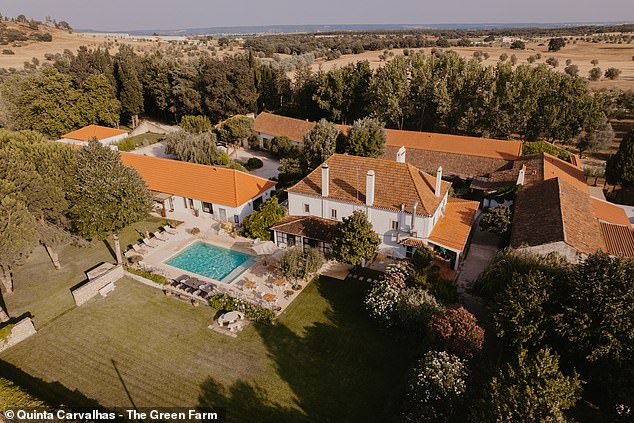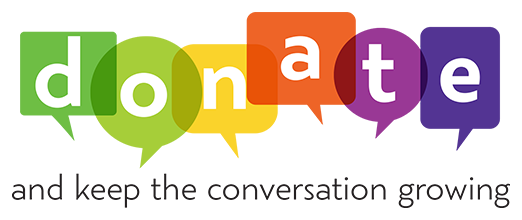The first thing I spot when we drive through the gates of Quinta Carvalhas are the beautiful Lusitano horses lounging in the paddock. Their ears prick up and, as we approach the house, surrounded by lemon trees and pink bougainvillea, a small dog greets us.
My sister, Charlotte, and I spent our childhood riding, sometimes with our late mum, and we have come to Quinta Carvalhas, a retreat centre near Golegã, the horse capital of Portugal, to experience its equine therapy programme.
Horses have helped me through numerous challenges, from my parents’ divorce to those tricky early years of parenthood, but a fall a few years ago made me lose my confidence.
The farm, which opened last year 60 miles north of Lisbon after being renovated by South African owners, Michelle and Richard Thomas, is home to 16 horses including several Lusitanos. The Portuguese pure blood is one of the most revered and oldest breeds.
It’s hard to believe we’re only an hour away from bustling Lisbon, where we spent a whirlwind 24 hours enjoying a tuk tuk tour, lunch at the sumptuous Seen Sky Bar and a night at the newly opened Locke de Santa Joana, a former convent, now an ‘aparthotel’ with a lovely restaurant, whisky bar and pool.
We start with a session with Swedish horse trainer and dressage champion Tana Ericson, who tells us about the difference between ‘hotblood’ (known for strength and stamina), warmblood (good all-rounders) and coldblood horses (stoic and stocky). She asks us to describe ourselves on the same scale.
We’re introduced to the horses, including a Lusitano called Chancellor and a handsome cob called Bentley. Then we are asked what we like about our horses.
Tana explains that horses are like mirrors when it comes to reading and reflecting our ‘energy’. Bentley, I am told, has picked up on my ‘playfulness’ and becomes more relaxed as a result. I feel absurdly flattered.


The next day starts with yoga ahead of our trail ride. It’s the first time my sister and I have ridden together in years and I wish our mother, who died of heart failure when I was in my 20s, was with us.
The final part of our equine therapy involves a one-on-one session with Tana, where I’m asked to choose a horse to lead into the arena. I opt for Mr Blue, a giant Lusitano cross. I’m intimidated by his scale and stature. After spending time leading this gentle giant around the ring, however, I feel more confident.
Michelle tells me that equine therapy can be ‘life changing’.
‘Horses provide insight into what you are experiencing in life. They offer a non-judgmental presence and a calming reflection,’ she says.
Bentley, Michelle tells me, isn’t always as forthcoming. With one guest, he trotted off and hid in the stable.
The guest said, sadly, that’s because ‘everyone leaves her’. She used Bentley’s response as a catalyst to try to change her body language.
After three days, we are sad to say goodbye, but my faith in horses has been restored.
I have reconnected with my childhood and, I realise, with my mother. I like to think she was with us in spirit and I know she would have loved those Lusitanos, too.

